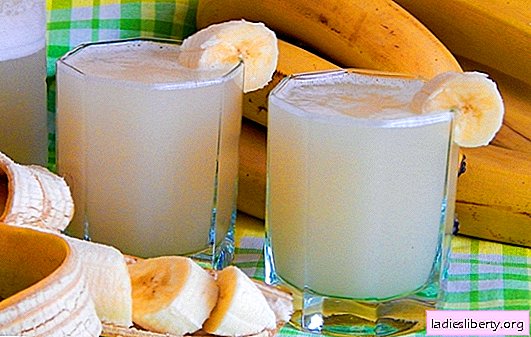
Tablets used to treat gastritis or stomach ulcers damage the kidneys. Excessive use of proton pump inhibitors or antihistamines increases the risk of developing chronic renal failure.
How are anti-heartburn pills related to kidneys?
Heartburn, reflux esophagitis, gastritis, and gastric ulcer are widespread disorders of the gastrointestinal tract. For treatment, proton pump inhibitors are most often used, which reduce the production of stomach acid.
Proton pump inhibitors (PPIs) are the most commonly prescribed drugs that accelerate the healing of stomach ulcers. Some medicines are also available over the counter. However, in recent years, signs are increasingly emerging that long-term consumption can be harmful to health.
According to a study by Kidney International, prolonged use of pills for heartburn increases the risk of chronic kidney failure.
Antihistamines are administered not only for allergies, but also for gastritis. Histamine receptors in the gastric mucosa are involved in the production of stomach acid. If they are blocked by drugs, the acidity of the gastric juice will decrease.
Proton pump inhibitors, like antihistamines, are known for their many undesirable effects. These include nausea, food intolerance, chronic vitamin B12 deficiency, and mineral deficiency. More rare side effects are bone loss and liver damage.
Dangerous side effect - kidney damage
More and more studies indicate an increase in cases of kidney damage when taking the above medicines for heartburn. Two studies on the effects of proton pump inhibitors on the kidney have been published by the American Society of Nephrology.
A team of scientists reviewed data from more than 187,000 participants. All volunteers initially did not have kidney stones.
After 12 or 26 years, during which some of the patients also took anti-heartburn pills, 3245 had kidney stones.
Heartburn pills have been shown to increase the risk of kidney stones by 14%.
Proton pump inhibitors prevent the proper excretion of excess minerals through urine. At the same time, oxalates and citrates accumulate in the body. If these substances remain in excess in the body, then they form kidney stones.
With a sick kidney, it is better not to take stomach preparations
In a second study, scientists examined people with acute renal failure taking pills for heartburn.
Result: Patients are more likely to develop chronic kidney disease than those who regenerate without taking medication.
Researchers examined data from more than 152,000 people taking proton pump inhibitors or histamine receptor blockers.
Consumers had a 30% higher risk of chronic renal failure.
Twice a day is more dangerous than once
In January 2016, JAMA International Medicine showed that the risk of chronic kidney disease increases significantly with long-term use of pills for heartburn.
If drugs are taken more than 2 times a day, the risk of kidney failure increases threefold.
Patients develop not only kidney problems, but also other organs. It is known that people with chronic kidney disease are also much more prone to developing dementia. Since the worse the kidneys can disperse metabolic products, the higher the risk of accumulation of toxins in the brain.
Failure is the best solution for mild heartburn
If the proton pump inhibitor is taken for some time, it is forbidden to abruptly stop taking the medicine. Heartburn can worsen significantly with abrupt cancellation, so there is a risk of gastritis.
It is recommended to gradually withdraw the medicine and at the same time adjust the diet and take further measures. Patients with heartburn should use drugs with the least amount of side effects. Useful alternatives are diet therapy and herbal medicine.











